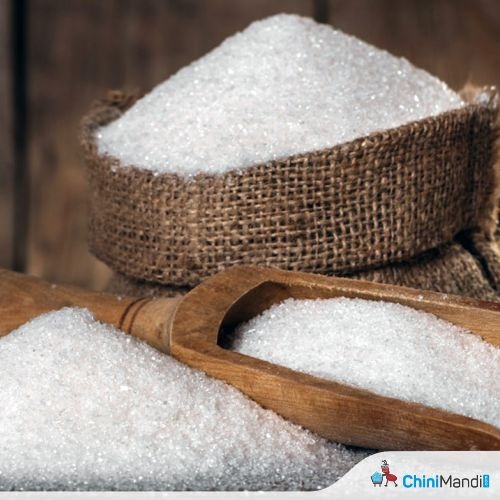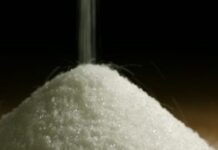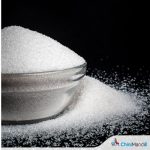Islamabad: The Pakistani government has yet to approve the import of raw sugar for re-export, even as the domestic sugar market grapples with persistent price volatility. Top official sources indicate that the government recently postponed a decision on the matter during an internal meeting, reported The News International.
As per the media report, Deputy Prime Minister Ishaq Dar confirmed, “The policy on raw sugar is in progress and has not yet been presented for approval.”
This delay comes after the government’s previous efforts to control sugar prices failed. An initial decision to allow sugar exports, contingent on stable domestic prices, resulted in a price surge, reaching 185 rupees per kilogram during Ramadan. The government was then forced to intervene, fixing the price at 164 rupees per kilogram for one month. Concerns remain that prices could rise again in April.
A draft proposal from the Ministry of Industry highlights Pakistan’s position as the seventh-largest sugar producer globally, with an average annual production of 6.15 million metric tons. The country’s sugar industry, comprising 82 mills, relies heavily on domestically grown sugarcane, with sugar beet contributing only 1.16% to total production.
The industry faces challenges due to fluctuating sugarcane yields, which directly impact sugar production. Sugarcane is primarily grown in Punjab and Sindh, covering approximately 1.195 million hectares. Despite a slight increase in cultivation area, sugarcane production remains below the mills’ installed capacity, with mills operating at only 60% of their 100-day crushing capacity.
This idle capacity, estimated at 4 million metric tons annually, presents an opportunity for refining imported raw sugar for export. Pakistan has seen significant variations in annual sugar production, ranging from 4.818 million metric tons in 2019-20 to 7.870 million metric tons in 2021-22.
While Pakistan has exported 3.918 million metric tons of sugar over the past decade, earning US$1.607 million, it has also been forced to import 0.565 billion metric tons to meet domestic demand during poor crop years.
The proposal suggests that refining imported raw sugar could utilize the industry’s idle capacity, boost exports, and stabilize domestic prices. Pakistan’s proximity to markets like China, Afghanistan, Central Asia, Bahrain, Oman, and Bangladesh offers a competitive advantage.
Currently, raw sugar imports face significant duties and taxes, including a 20% Customs Duty, 6% Additional Customs Duty, 18% Sales Tax, and a 6% Withholding Tax. While raw sugar imports are permitted, sugar exports require specific government permission. There is no regulatory duty on refined sugar exports.












